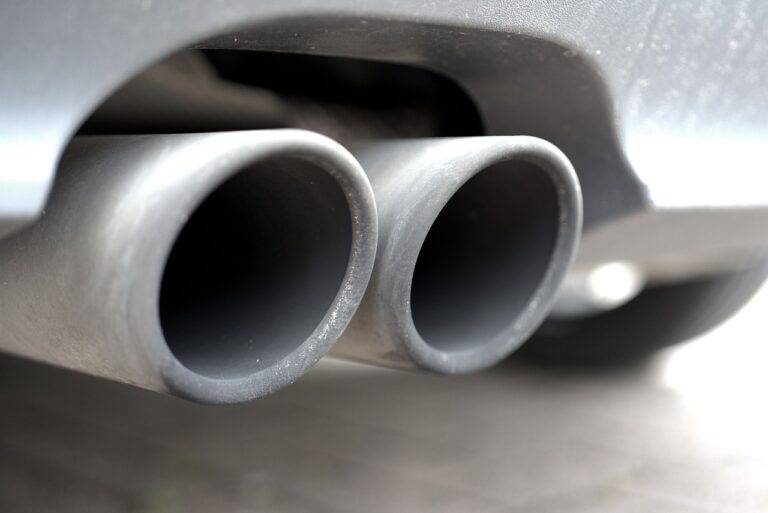Tech Innovations in Sustainable Packaging and Waste Reduction
Traditional packaging methods have long been a staple in the industry, but they come with a set of challenges that cannot be ignored. One significant issue is the excessive use of non-biodegradable materials, leading to a rise in environmental pollution. Plastics and other materials commonly used in traditional packaging often end up in landfills, oceans, and other natural habitats, causing harm to wildlife and ecosystems.
Moreover, traditional packaging methods tend to be less efficient in terms of space utilization and material usage. This inefficiency results in higher production costs and increased carbon emissions during transportation and distribution. Additionally, the lack of innovation in traditional packaging methods hinders adaptability to changing consumer preferences for more sustainable and eco-friendly options.
• Traditional packaging methods rely heavily on non-biodegradable materials
• Plastics and other materials contribute to environmental pollution
• Inefficient use of space and materials leads to higher production costs
• Increased carbon emissions during transportation and distribution
• Lack of innovation hinders adaptability to changing consumer preferences
Benefits of Sustainable Packaging Solutions
Sustainable packaging solutions offer numerous advantages for companies looking to minimize their environmental impact. By opting for eco-friendly materials, businesses can enhance their brand image and appeal to conscious consumers. Additionally, sustainable packaging can help reduce overall packaging costs in the long run through innovative design and efficient use of resources.
Furthermore, adopting sustainable packaging solutions can lead to a reduction in waste generation, contributing to a cleaner environment. This can also result in decreased disposal expenses for businesses as they strive to comply with stricter regulations on waste management. Overall, embracing sustainable packaging not only benefits the planet but also presents a competitive edge for companies committed to responsible practices.
Role of Technology in Waste Reduction
The advancement of technology has played a crucial role in waste reduction efforts across various industries. With innovative solutions such as smart sensors and data analytics, businesses are now able to optimize their production processes and minimize excess waste. By implementing these technologies, companies can track and analyze their waste generation in real-time, allowing them to make informed decisions to reduce their environmental impact.
Moreover, technology has also enabled the development of sustainable packaging materials and solutions that are eco-friendly and recyclable. From biodegradable plastics to compostable packaging, these innovative technologies are helping businesses shift towards more environmentally conscious practices. By incorporating such sustainable packaging solutions, companies can not only reduce their carbon footprint but also meet the growing consumer demand for environmentally friendly products.
What are some challenges with traditional packaging methods?
Traditional packaging methods often involve the use of non-biodegradable materials, leading to increased waste generation and environmental pollution.
How can sustainable packaging solutions help reduce waste?
Sustainable packaging solutions are designed to be eco-friendly and recyclable, leading to reduced waste production and a smaller environmental footprint.
What role does technology play in waste reduction?
Technology plays a crucial role in waste reduction by enabling the development of innovative packaging solutions, waste management systems, and recycling processes.
How can businesses benefit from adopting sustainable packaging solutions?
Businesses can benefit from adopting sustainable packaging solutions by enhancing their brand image, reducing costs associated with waste disposal, and meeting consumer demand for environmentally-friendly products.
What are some examples of technology-driven waste reduction initiatives?
Examples of technology-driven waste reduction initiatives include the use of biodegradable packaging materials, smart packaging solutions that extend product shelf life, and advanced recycling technologies.





